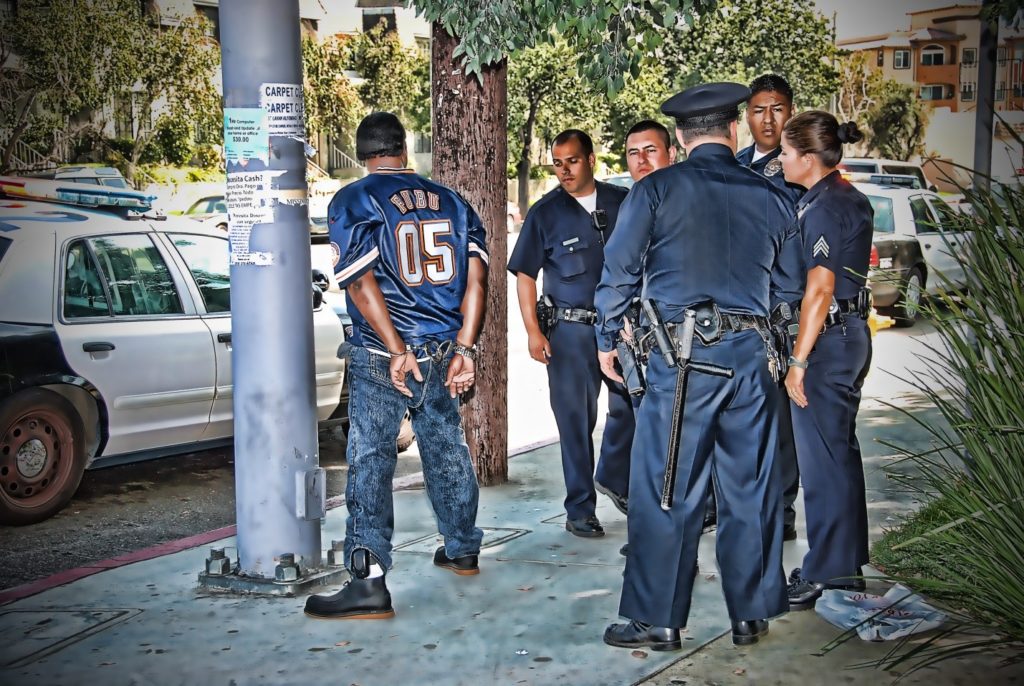
Although “mass incarceration” is now a commonly used term among academics and policymakers alike, the huge increase in imprisonment in the United States since the 1970s was also accompanied by an expansion of many other aspects of the criminal justice system. For example, at year end 2015, one out of 53 US adults was on community supervision – either probation or parole – according the Bureau of Justice Statistics.
The surveillance and monitoring that is central to community supervision puts parolees and probationers at heightened risk of imprisonment for technical violations, but that is not the only punishment available to authorities. Alternative punishments, or what are sometimes called short-term custodial sanctions, can mean short stays in jail, residential prisoner reentry centers, or probation detention. These sanctions are a common occurrence that has real employment impacts for those who experience them.
While researchers have long been studying the effects of imprisonment, until recently little was known about the effects of these short-term custodial sanctions. On the one hand, such sanctions could interrupt a job search, sever social ties, enhance the stigma of a felony record, or lead to the loss of a job. On the other hand, such sanctions are a response to violations of parole like absconding or substance use. They might interrupt a downward trajectory or provide needed services at a crucial moment.
